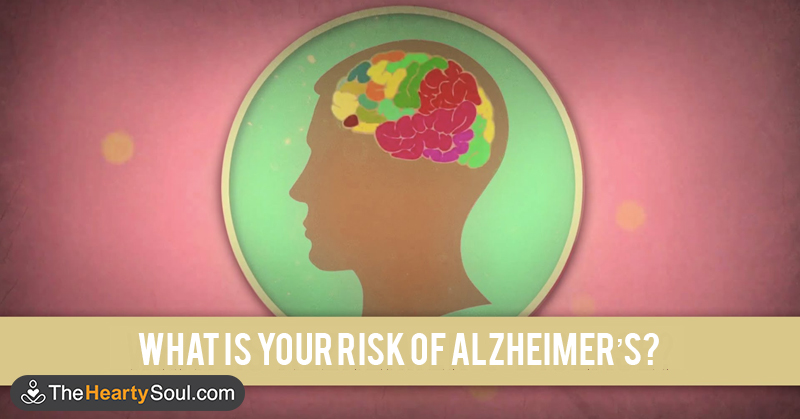With 5.4 million Americans living with Alzheimer’s — and that number is expected to increase significantly in the coming decades — it’s frustrating that there is still no official way to diagnose or predict the disease. But doctors are hoping to find new ways to at least begin identifying some early signs of dementia, so they can provide the best care to patients as early as possible.
Presenting at the Alzheimer’s Association International Conference in Toronto, a group of researchers developed a new checklist that focuses on detecting personality changes as a main sign of dementia.
Dementia: Do You Know The Signs?
The Checklist
The checklist diagnoses a condition known as Mild Behavioral Impairment (MBI), which is frequently a predictor of neurodegeneration. It focuses on five categories of behavioral symptoms:
- interest/motivation
- mood/anxiety symptoms
- impulse control
- social appropriateness
- thoughts/perception/sensory experience
By filling out this checklist, doctors would be able to identify if patients have MBI — which typically entails later-life acquired neuropsychiatric symptoms that last for over six months.
“This proposed new checklist describes and helps identify a new clinical stage in the disease and has the potential to represent a paradigm shift in formal neurodegeneration testing — away from a sole focus on the memory to also encompass behavior,” said Maria Carrillo, chief science officer at the Alzheimer’s Association, in a press release. “By looking beyond memory-related issues too closely evaluate the behavioral issues included in the checklist, physicians could reach a more efficient and accurate diagnosis, sooner.”
Research has shown that a variety of symptoms may be early signs of dementia and Alzheimer’s. A different sense of humor, for example, was identified as one in a 2015 study. Another recent study found that an impaired sense of direction was another possible sign. But many of these signs could mean other things beyond dementia, so it’s quite difficult to diagnose the early signs.
The researchers hope that their checklist — what they’re calling MBI-C — would help clear up some of that confusion. A test on personality and mood changes might be even more effective than memory tests, since slight personality changes may be occurring way before memory loss.
“We propose that the utility of the MBI-C — once it is refined and vetted by the Alzheimer’s community — is significant not only clinically, but also in research,” said Dr. Zahinoor Ismail of the University of Calgary, in the press release. “In addition, we may be able to create or derive a version that can be provided to family members of older adults to determine the nature and extent of neuropsychiatric symptoms and to measure changes over time.
From a research perspective, the scale may prove to be usable in biomarker and neuroimaging studies in pre-dementia clinical states, in epidemiological studies of community samples, and in clinical sample observational studies.”
For more on Alzheimer’s disease, check out this informative video:

